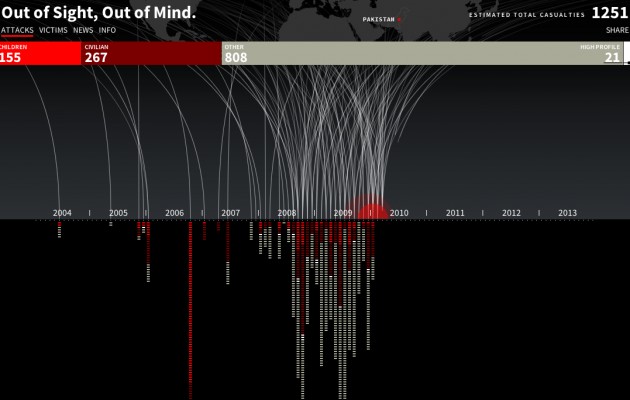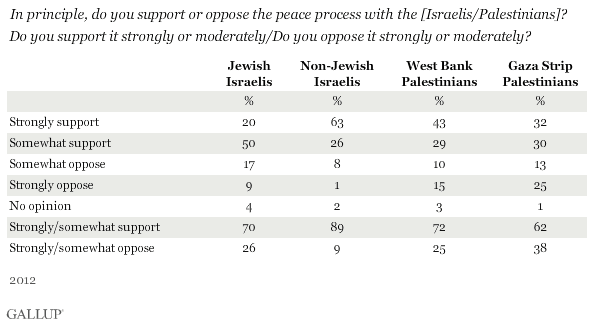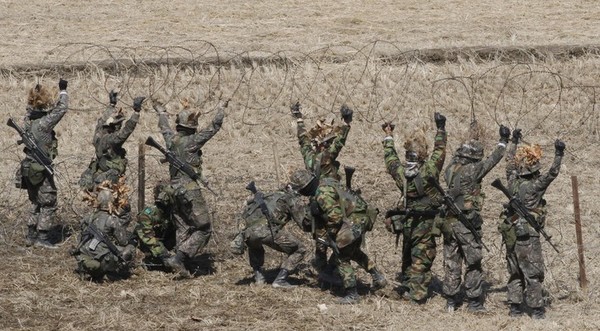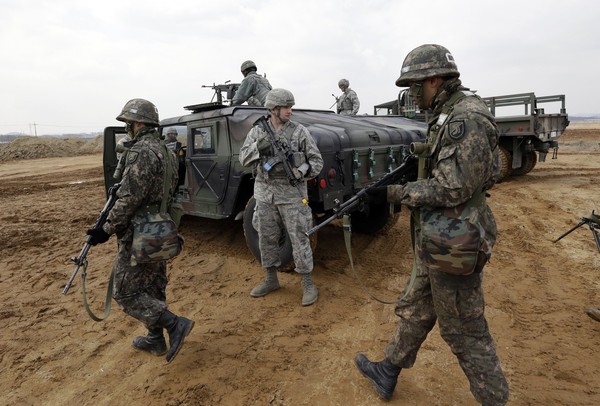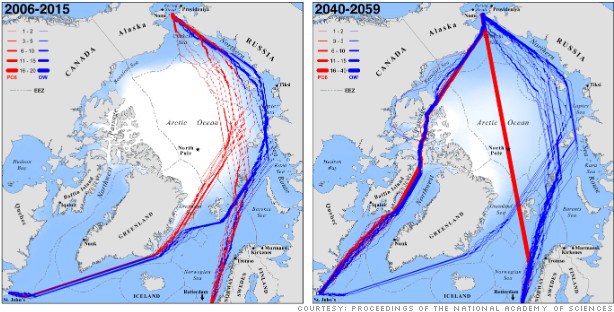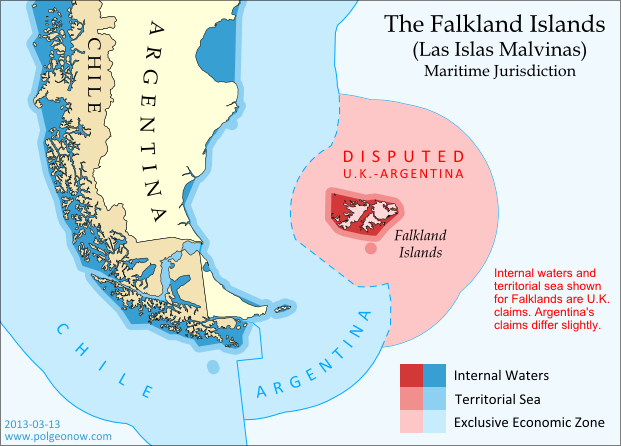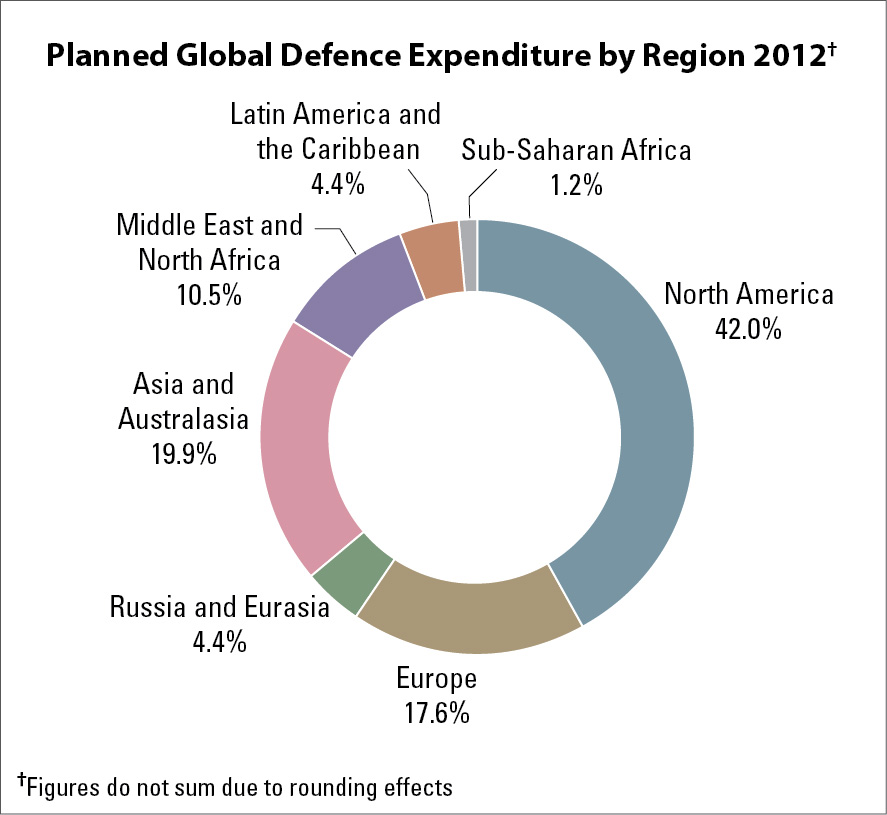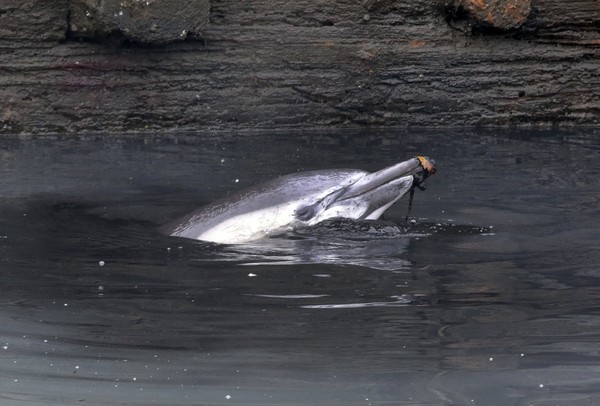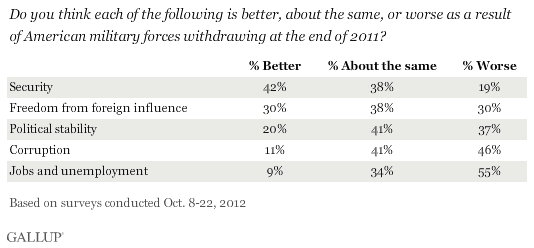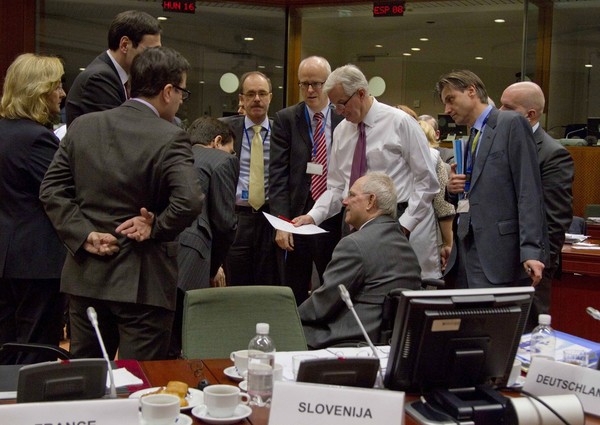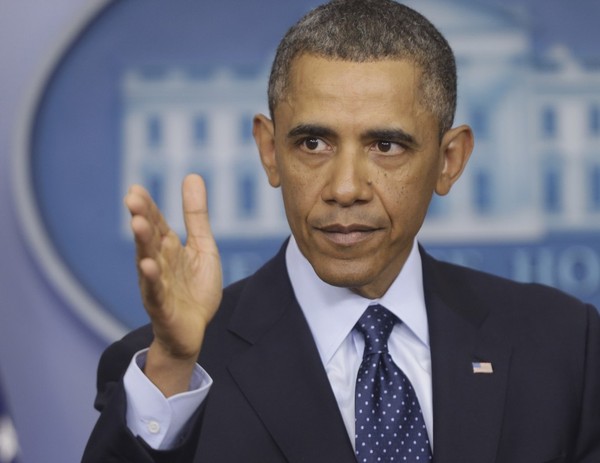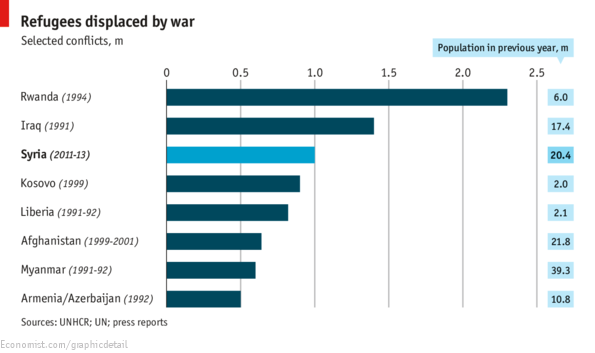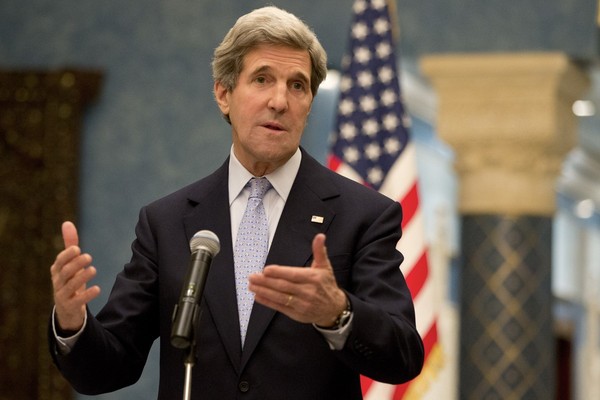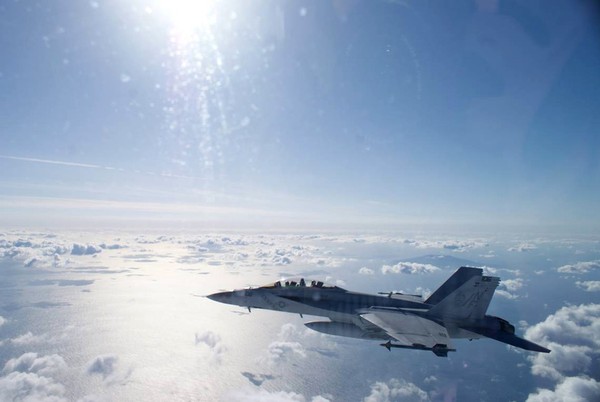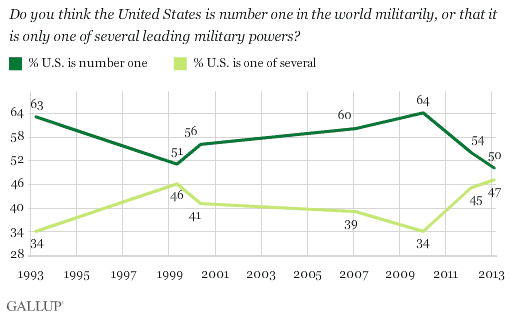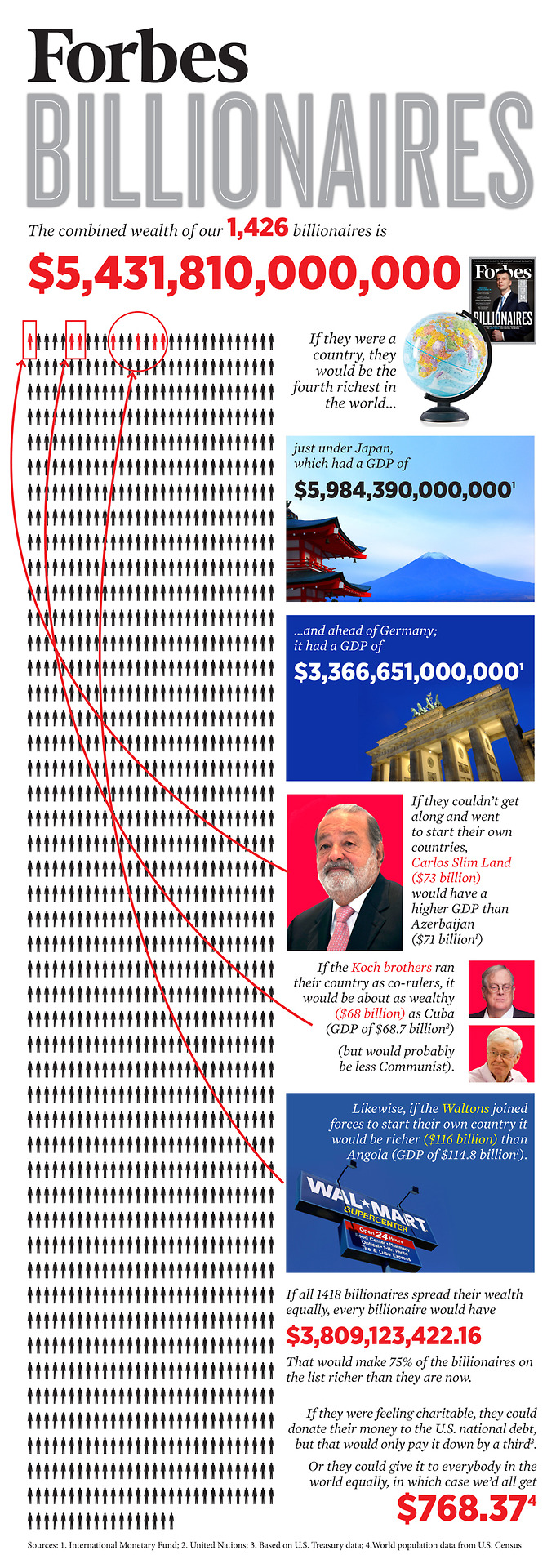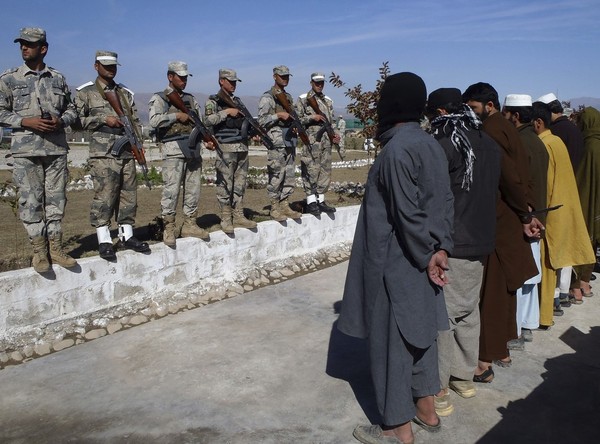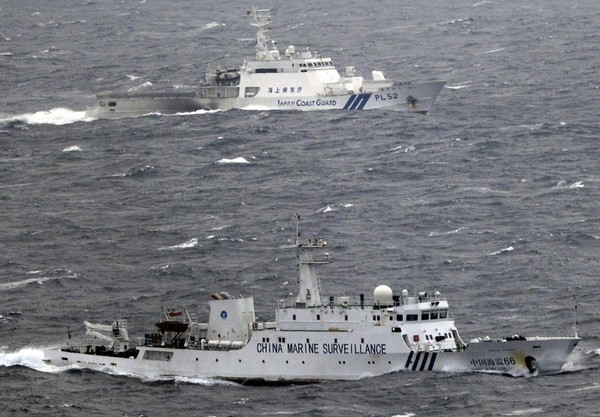Report Places Iraq and Afghan War Costs at Between $4 and $6 Trillion

A new report from Havard's Linda Bilmes estimates the total cost of both wars at between $4 and $6 trillion. Here's how Bilmes frames the accounting:
This includes long-term medical care and disability compensation for service members, veterans and families, military replenishment and social and economic costs. The largest portion of that bill is yet to be paid. Since 2001, the US has expanded the quality, quantity, availability and eligibility of benefits for military personnel and veterans. This has led to unprecedented growth in the Department of Veterans Affairs and the Department of Defense budgets. These benefits will increase further over the next 40 years. Additional funds are committed to replacing large quantities of basic equipment used in the wars and to support ongoing diplomatic presence and military assistance in the Iraq and Afghanistan region. The large sums borrowed to finance operations in Iraq and Afghanistan will also impose substantial long-term debt servicing costs.
Bilmes notes that the U.S. has already borrowed $2 trillion to pay for both wars, making it a significant component of the $9 trillion in debt the U.S. has larded onto its balance sheet since 2001. Of this, an estimated $87 billion was wasted in Iraq reconstruction projects and $61 billion was siphoned off in boondoggle Afghan projects.
"Throughout the past decade," Bilmes writes, "the United States has underestimated the length, difficulty, cost and economic consequences of these wars, and has failed to plan how to pay for them."
(AP Photo)



